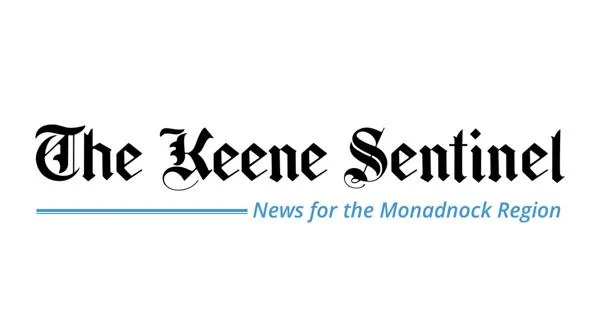Sentinel Opinion: A real gamble; Taking money from casino under state revenue scheme risks appearance of conflict
By The Sentinel
Copyright keenesentinel

Under a state law that went into effect last year, a municipality can receive funds from a charitable gaming facility within its borders. This is yet another twist in the Gordian knot the state has created for raising revenue.
The city of Keene wants a piece of the action. We can’t blame the city for going after the money. But we do wonder how it will avoid the appearance of conflict when the city has to regulate the Revo Casino and Social House, which is planning a move from Emerald Street to Key Road in 2027.
Last week, city councilors narrowly voted to enter into an agreement to receive funds from Revo, Keene’s only casino. Before the 8-7 vote, councilors wrestled with the ethics question, according to a report by The Sentinel’s Sophia Keshmiri.
Two councilors who voted against the arrangement said they didn’t like the optics and would prefer a fee or a tax levied against the casino. This would be a better approach, though not currently in the cards.
Under the donation agreement, the city would get a slice of profits from the period of Dec. 17-26. This would likely amount to less than $25,000, according to estimates.
Several local nonprofits receive donations from Revo, as required by law, but this would mark the first time the city would get a cut. Only two other municipalities, Hampton and Salem, have made use of the provision, according to the N.H. Lottery Commission.
New Hampshire’s gaming model is atypical. Unlike traditional models, New Hampshire requires casino operators to share proceeds with a rotating list of local charities. The casino operators select the charities. Out of thousands of nonprofits in the state, about 800 now benefit. Unsurprisingly, these nonprofits have become major lobbyists for New Hampshire’s gaming industry.
In fiscal year 2024, charitable gaming in the state raked in more than $244 million, according to an analysis in May by WMUR. Most of the money goes to the casino operators, of course. The rest is split between the state and nonprofits. By law, charities receive 35 percent of revenue from gaming tables and 8.75 percent from historic horse-racing machines. The state takes 10 percent and 16.5 percent respectively. Here’s the 2024 breakdown, according to WMUR: $35 million for the state, $39 million for charities and more than $170 million for operators.
Among the local nonprofits that have received money from charitable gaming are Cheshire County Shooting Sports Education Foundation, Historical Society of Cheshire County, Keene Senior Center and Monadnock Humane Society. Revo, which operates five locations in the state, says this year it has contributed millions to New Hampshire-based nonprofits.
New Hampshire’s charitable gaming model has come under scrutiny, with questions about charity selection and revenue distribution. A study committee last year flagged these issues but didn’t have time for a deeper dive, according to the Concord Monitor. In August, Gov. Kelly Ayotte signed into law a bill to create a commission to oversee the state’s charitable gaming laws and to consider any changes to the system that might be warranted.
Lawmakers have sought to cut expenditures and find other revenue sources as lower business, liquor and cigarette tax receipts, as well as the repeal of the Interest and Dividends Tax, have reduced state revenue. They are leaning into gambling.
Similarly, municipalities like Keene are looking for revenue other than further hikes to already-steep property taxes.
Recent expansion of legalized gaming in the state has generated dollars needed to fund education and to offset other expenses, as the N.H. Fiscal Policy Institute noted in a report this summer, but the future of these revenues and their overall impact remain uncertain.
Yogonet gaming news reported last month that while charitable gaming revenue in New Hampshire showed a year-over-year increase of 61 percent in June, Revo in Keene posted a 20 percent decline.
The Rockefeller Institute of Government, a nonpartisan think tank, says that while states may raise additional money from gambling in the short run, history shows that growth in state revenues from gambling activities slows or even reverses and declines over the long run.
Relying on legalized gambling for state and local revenue is anything but a sure bet.



